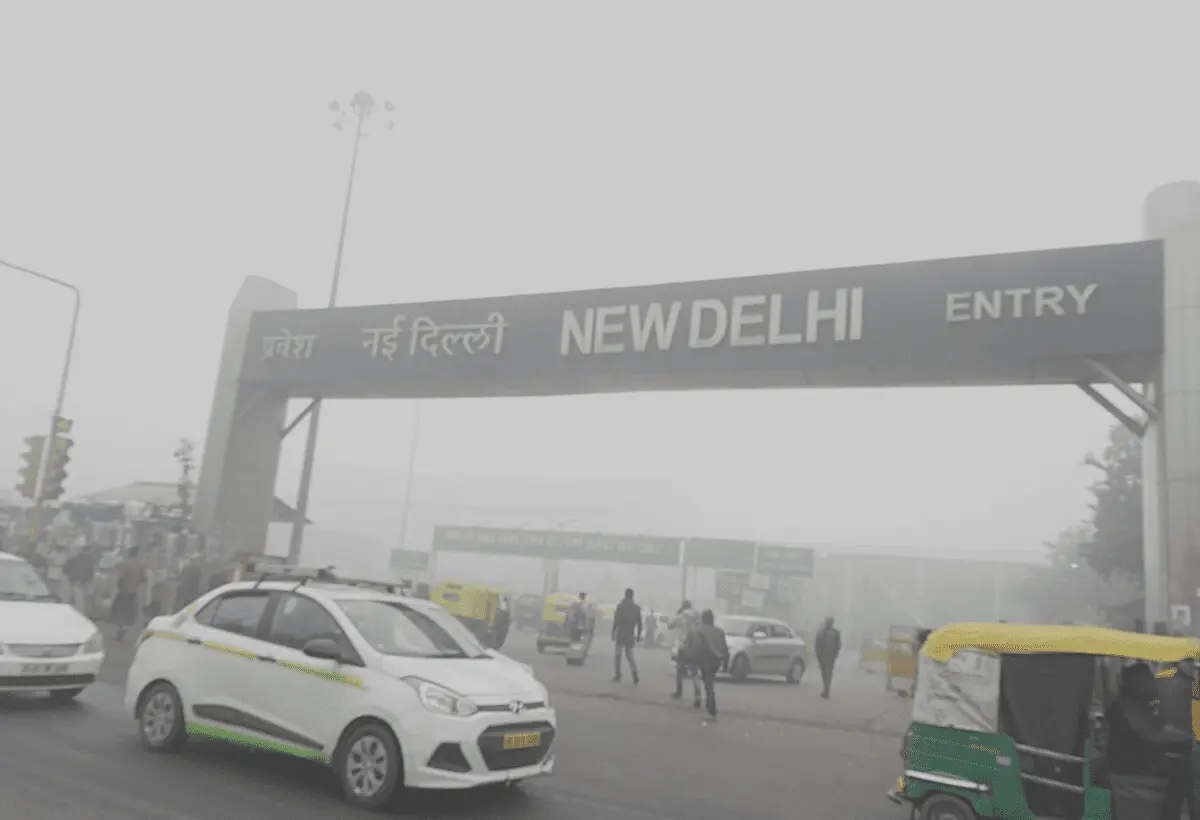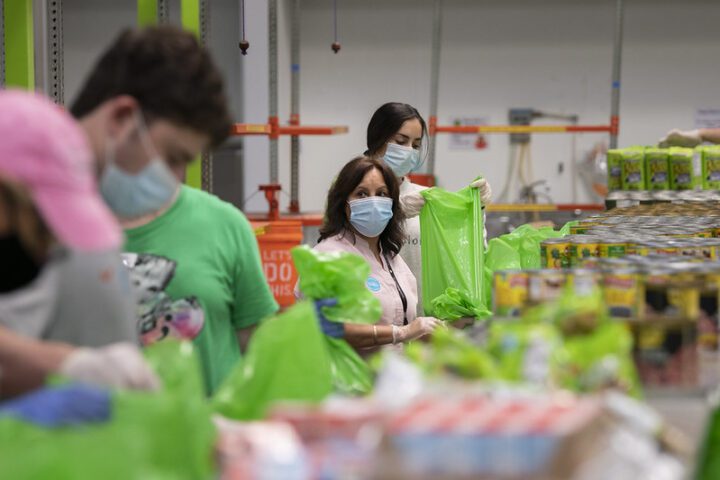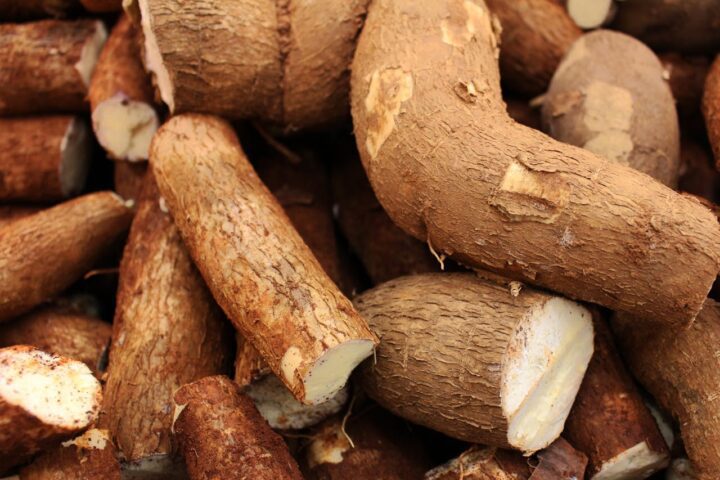On 3rd November The Delhi Pollution Control Committee released a new directive amid the drop in the air quality index in Delhi, India. The notice included directions under Section 31 (A) of the Air (Pollution and Control Act), 1981 with Rule 20 (A) (6) of Air (Prevention and Control of Pollution) (Union Territories), Rules, 1983, to stop trucks from entering Delhi, banning the plying of Delhi’s registered diesel operated MGVs, HGVs and LMVs closing down of industries and bans on C&D activities in linear projects with immediate effect in Delhi.
Furthermore, the Central Pollution Control Board, which is the State Board for all Union Territories that exercises power and performs functions under the Air (Prevention and Control of Pollution) Act of 1981. The Central Pollution Control Board has assigned all its powers and functions under the Air (Prevention and Control of Pollution) Act of 1981. It happens with respect to the NCT of Delhi-to-Delhi Pollution Control Committee vide Notification No. S.O 198 (E) dated 15.03.1991.
Delhi was declared an Air Pollution Control area, under sub-section (1) of section 19 of the Air (Prevention and Control of Pollution) Act of 1981 vide Notification No. GST 106 (E) dated 20.02.1987.
Usually, air pollution in Delhi reaches its peak in the winter season and the level of pollutants like Particulate Matter Concentration (PM2.5 and PM10). These go beyond the prescribed standards for Ambient Air Quality. Adding to it, the Commission for Air Quality Management in the NCR and adjoining areas have repeatedly taken the air pollution issue with the NCT Govt of Delhi. Owing to this, several organizations have issued various Directions, Advisories and Orders for the effective implementation of measures subsiding the air pollution in NCR.
The following directions were enforced with immediate effect:
- Stop entry of truck traffic into Delhi (except trucks carrying essential commodities/ providing essential services and all CNG/ electric trucks).
- Ban on plying of Delhi registered diesel operated Medium Goods Vehicle (MGV) and Heavy Goods Vehicle (HGV) in Delhi, except those carrying essential commodities/ providing essential services.
- Ban on plying of 4-wheeler diesel LMVs in NCT of Delhi, except for BS-VI vehicles ad vehicles used for essential/ emergency services.
- Close down all industries in Delhi, even in areas where PMG infrastructure and supply are not available, which are running on fuels other than the fuels as per the Standard list of approved fuels for all applications in the entire NCR.
- Ban C&D activities in linear public projects such as highways roads, flyovers, overbridges, power transmission, pipelines, etc.
Finally, the violation of the directions issued under Section 31(A) of the Air Act of 1981 shall be punishable under section 37 of the said act which includes imprisonment of up to six years and a fine.
However by November 9th following a minor drop in air pollution some of the restrictions were lifted in Delhi. The schools were allowed to reopen due to improvements in air quality. Work from home regulations were also lifted in government offices. Heavy vehicles along with goods vehicles entry resumed and construction work also resumed. Private passenger buses running on CNG also were allowed to resume their service.
After the initial improvement in the air quality, Delhi’s pollution levels begin worsening again. On 10 November Safar recorded 303 AQI in the Indian National Capital. With low air quality it will be upto the authorities to make decisions.

















